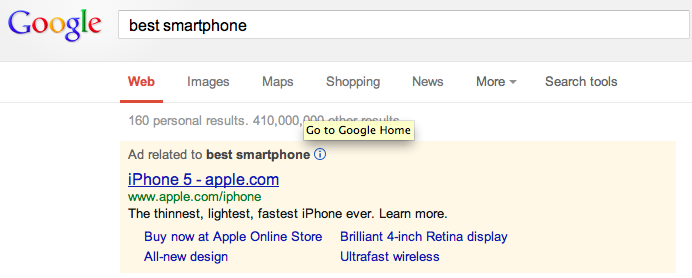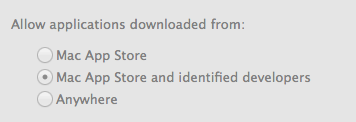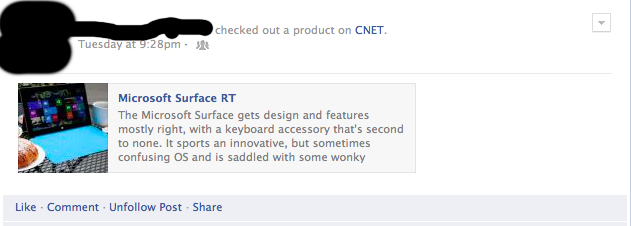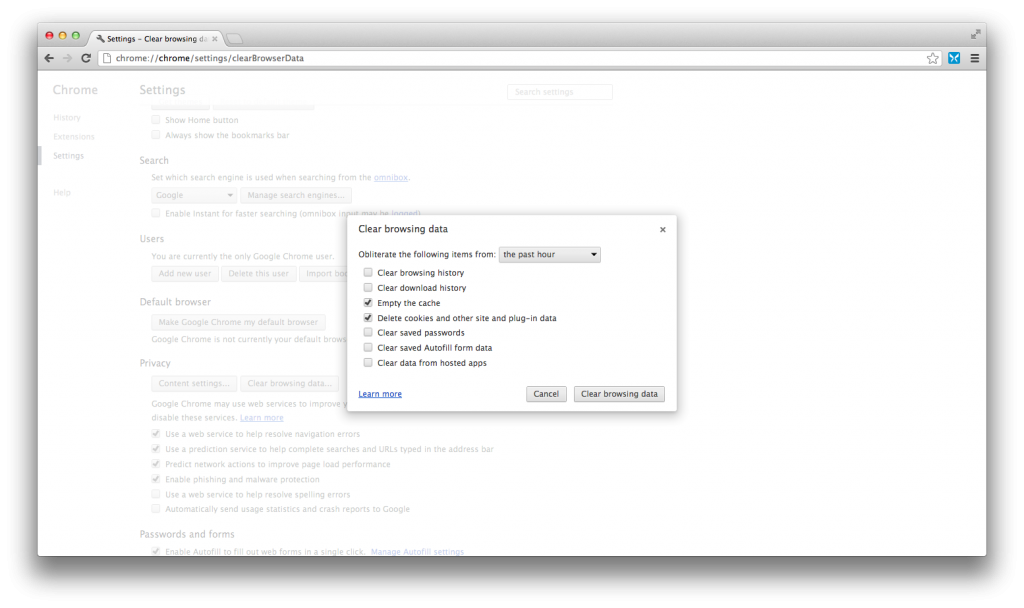The world was much simpler when you actually had to pick up your phone and call your friend to wish them a happy birthday. Fast forward to today, and everything happens online. Not only that, more of your offline life is being sucked into the online world everyday, voluntarily or not. Case in point, Princeton Class of 2016 had a Facebook group before we even met each other (or, for people like me, seen the campus). As if that wasn’t enough, there are more than one parties out there who seek to get your attention. Suddenly, posting in one social network isn’t enough. Living in this kind of world is driving us crazy. Over the past semester, I have written exactly 10 blog posts running around the same general topic: Facebook is dominating and the competition for your online attention has been stronger than ever. It is only fitting that I end my series of posts for this class with this article: How to Survive in the World of Facebook and Ecosystems.
Knowledge is power. Nowhere is that more evident than today, in the cyber world. Each time you click “Like” on Facebook or comments on a friend’s photo, Facebook learns more about you. Armed with that knowledge, Facebook can then provide advertisers with a way to individually target ads for you. This is big. If you were an advertiser, would you rather pay millions of dollars to run your ads on television where you have no control over who watches it, or would you rather Facebook to find exactly the kind of person you want to target and present the ad? This is exactly why online companies are so reluctant to share user data with each other. In fact, they are trying to keep users to their own ecosystems so that they may know the whole online lives of these users. As I said in my very first blog post, Facebook and Google have been doing exactly this. Each with a different strategy, the two companies want to be the ultimate online extension of your lives. What I didn’t say, though, was how we as consumers can stop being victims and start being the victors in this battle. It turns out, we can do so in two simple steps.
First and foremost, if it does not need to be online, do not post it online. If knowledge really is power, keep the power to yourself. Do not hand it over to the likes of Facebook. This is the easiest step in making sure that the online world does not take over your offline world. Many of the things we do online today can be done offline, or at least can be done away from the social networks. For example, if you want to start a conversation with your friend, call him instead of posting on his Timeline. If you want to read news, go to the New York Times website instead of signing in to Yahoo’s Social Reader. If you want to listen to music on Spotify, create your own account instead of using Facebook. This is just a preliminary precaution. For those of you who want to take this to the next level, see my blog post on how to protect your online privacy.
When you do use a social media site, there is a single, simple step you can take to make sure that no single online entity knows of your entire life. Do not stick to one social network. These social networks are already reluctant to share user data with each other. In other words, the most secure way to prevent Facebook from getting certain info is to post it on Google+. Use that to your advantage and segregate your online experience. Personally, here is how I manage my social networks. Facebook is the social network where I actually connect with friends. However, I try not to do anything else here, such as read a news article from a Facebook link. That is where Twitter comes in. Because of the nature of Twitter, it is the ideal place for me to see all relevant news. I do not use Google+ that often, but I do launch it whenever I need to take advantage of the Hangout feature. Lastly, I leave all my professional connections, not that there are many, to LinkedIn. This way, no single social network has the complete image of me. Facebook knows who my friends are but does not know what I do in my free time. Twitter knows that, but it does not get to see who I interact with. This same advice can and should be applied to ecosystems (Apple, Amazon, Google, etc.).
Throughout this course, we have taken a look at different aspect of Facebook and social networks, and one thing is clear: they are the future. This also means that it is more important than ever to protect yourself against them. Remember, they are a tool for you, not the other way around.





